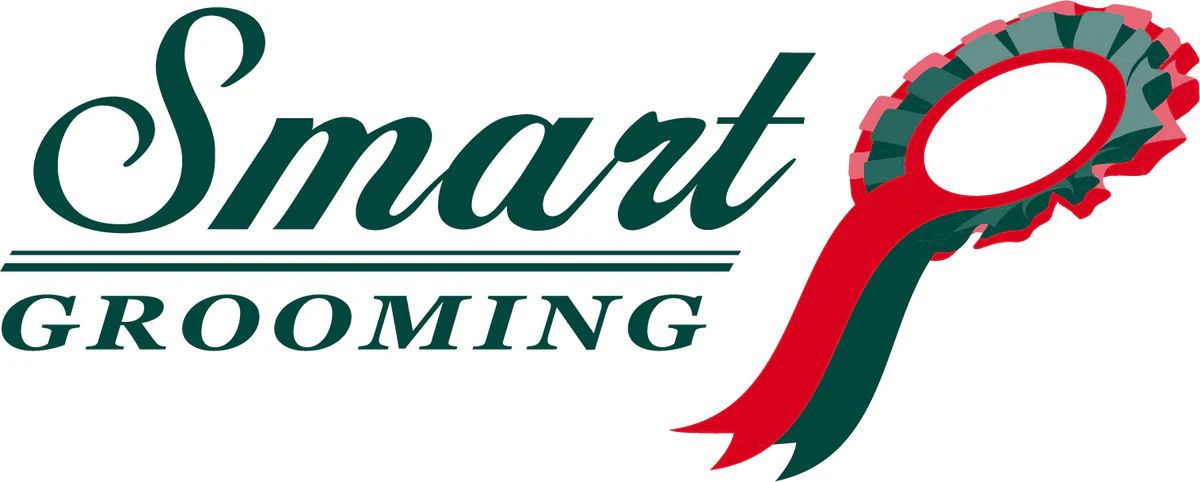The EEA has teamed up with LiveryList to spread the word of Good Employment even further.
Cheryl Johns is the owner and founder of LiveryList and the Yard Owner Hub, she is a qualified and experienced yard manager, marketing advisor, and business consultant with experience across a range of industries. Cheryl works as a consultant for equestrian charities and organisations to develop their understanding of the livery sector.
In this blog, Cheryl talks about the important topic of livery yard licensing.
"With both Scotland and Wales having recently launched government consultations that may potentially result in the licensing of livery yards, many horse owners and yard owners and wondering what type of changes this may bring to the industry.
Unlike riding schools, which are required to be licensed with their local authority following a detailed and lengthy application and inspection process, there is no requirement whatsoever at present for those offering livery to hold any form of license, nor for their details to be held on any form of register either on a local or national level. This means that anyone, regardless of their experience and skills levels, can open a livery yard and offer services to care for people’s horses and ponies on their premises.
| |
Understandably, this lack of regulation leads to a large gap between the levels of equine care, business management and client management experienced by horse owners on livery yards. |
When putting your horse on livery you are entrusting your loved, and possibly valuable, equine friend to the person running that yard, and putting your faith in them to be not only suitably experienced and competent, but also that they have taken the necessary steps to run a compliant and responsible business such as being insured, and having various policies and procedures in place to ensure a certain standard of equine care and welfare is provided.
Britain's Horse Problem
Following the publication of Britain’s Horse Problem report in 2020, a project by equestrian and welfare charities across the UK, it was recommended that licensing considerations be made for currently unlicensed equestrian establishments to provide better regulation and enforcement of equine welfare standards.
In the light of this, consultations have been open in the past 12 months by both the Scottish and Welsh governments. The overall aim of these consultations is to extend licensing to currently unlicensed animal-related activities and update the licensing framework for other licensable animal-related activities to understand any perceived gaps in the existing legislation.
The proposals include suggested regulation for livery yards, animal rehabilitation centres, animal trainers and rescue and re-homing centres, meaning many commercial and non-commercial equestrian establishments will likely fall under these proposals.
However, it is important that the governing bodies ensure that they understand the industry that they are trying to govern. With not even a basic registration in place at present, it is important that the scope of the livery industry is both understood and investigated to get an overall view of the issues experienced by both the business owners and the horse owners. At present, there is no definitive record of the number of livery yards held by any association or charity, and with a huge scope of livery services available, to try to understand the industry to create legislation suitable for all will be a formidable task.
| |
It is also important that once any form of licensing is established, this is both affordable and practical for yard owners, as well as the requirements being communicated to the client base of such yards to ensure that they too understand the obligations of any yard where they may be considering moving their horse to. |
In terms of obligations on a yard owners’ part, akin to the existing licensing for riding schools, yards can expect the basis of the requirements to be focused on the welfare of equines in their care and suitable record keeping, as well as extensive information and documentation about the applicant and their business.
Understandably, many yard owners are against proposed plans for licensing. They believe that this will bring additional costs, governance, and obligations on their part which will further increase costs in an already financially challenged industry.
There are also concerns about the implementation and governance of existing registration and licensing procedures in the industry such as the lack of consistency with riding school licensing between local authorities, and the failure for governance of the Equine ID rules that were updated in 2018, with many of the official advisory bodies still not publishing the correct guidance several years later.
| |
However, licensing can have a huge benefit if it is developed and implemented correctly, with an understanding of the industry. It will level the playing field with the expectation of yards to be suitably experienced and meeting equine welfare standards, for them to be insured, to meet commercial obligations, and have specific procedures in place to protect both the equines and the clients. |
This can only be a benefit to those choosing to keep their horses on livery yards and could also help increase the value of yards, and the viability of the industry with horse owners having a better understanding of what a well-run yard should be. Even the most basic of obligatory registration, asking yard owners to put their hands up and be counted, could help deter the non-compliant yards and raise awareness of their existence.
These consultations help gather evidence to support and develop the future of licensing. Updating or creating new legislation is resource intensive, and can take considerable time. Nothing will move quickly, but it will undoubtedly happen in the not too distance future.
It is therefore very important for as many livery yard owners, and those connected to the industry in other ways, to ensure they respond to such consultations, writing a detailed and concise response to help those making the decisions develop a detailed overview of the industry and it’s needs."
About the author
Cheryl Johns, owner and founder of LiveryList and the Yard Owner Hub, is a qualified and experienced yard manager, marketing advisor and business consultant with experience across a range of industries. She works as a consultant for equestrian charities and organisations developing their understanding of the livery sector.
About LiveryList
Launched in 2011, LiveryList is the UK’s leading directory of equestrian establishments. In 2023 they launched the Yard Owner Hub, and industry leading and industry recognised resource for the owners of equestrian establishments.
Thanks Cheryl for talking about this important topic!
EEA Resources
The EEA Employment Essentials has all you need to provide Good Employment, sart with the contract creator which makes generating contracts easy! Make sure you sign up to the Code of Good Employment.
The Equestrian Employers Association has been created to help employers of all sizes of business to be compliant, thereby helping you to protect your business. Your team are key to the performance and development of your business which is why looking after them is so important.



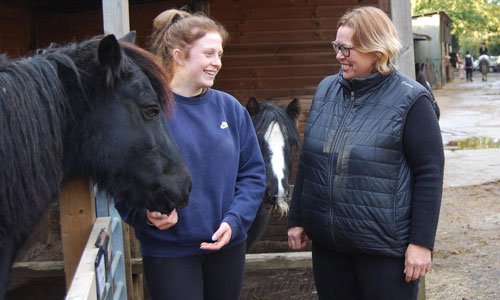











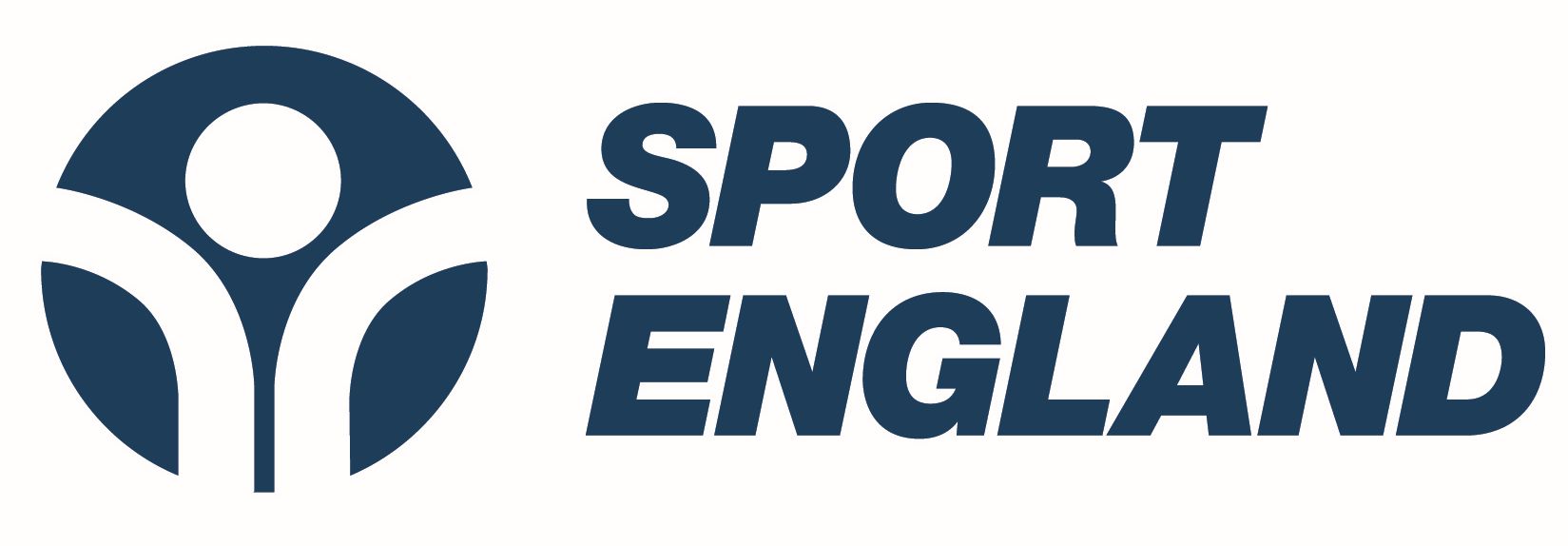
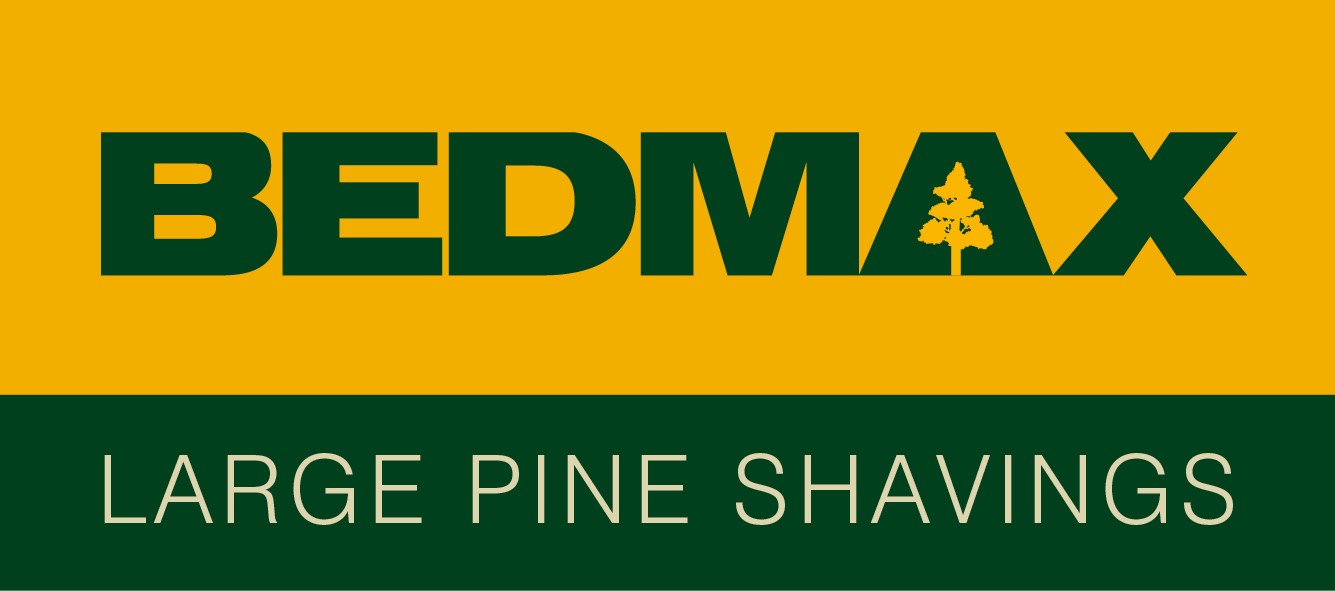
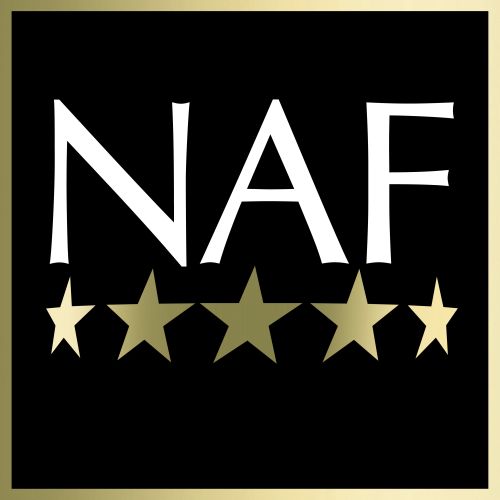


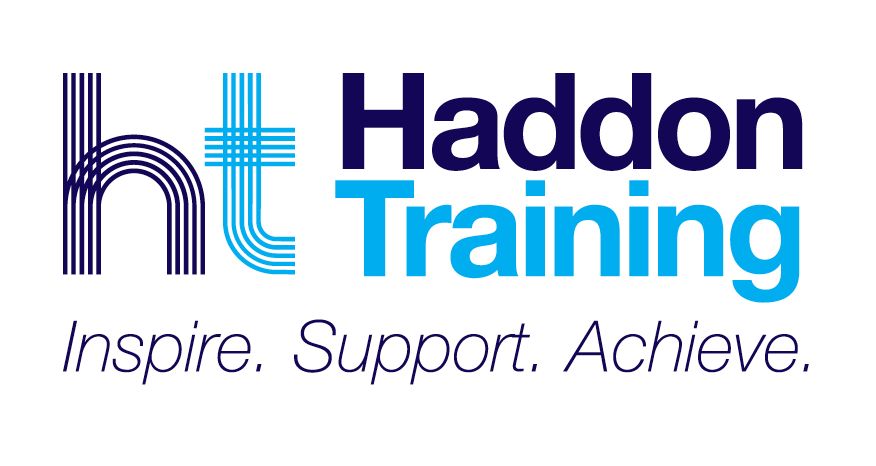
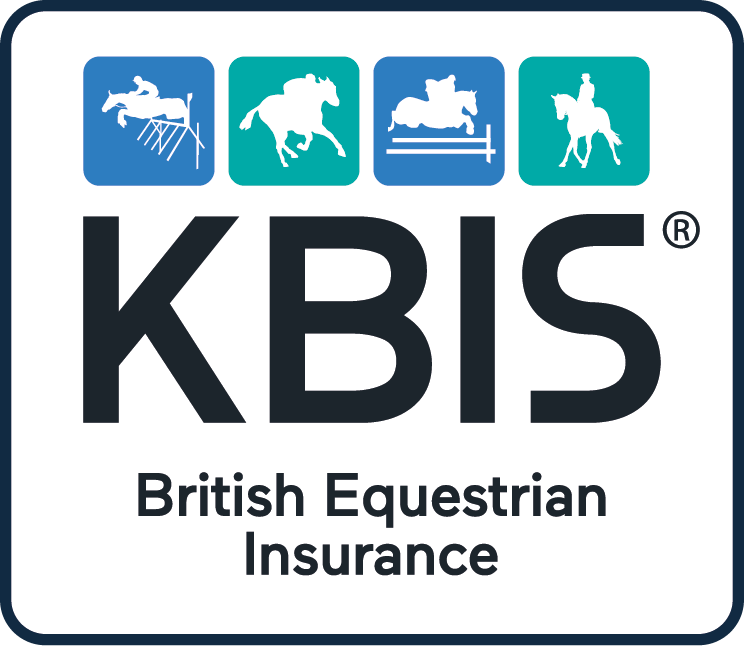
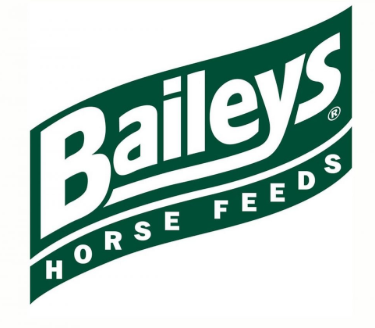
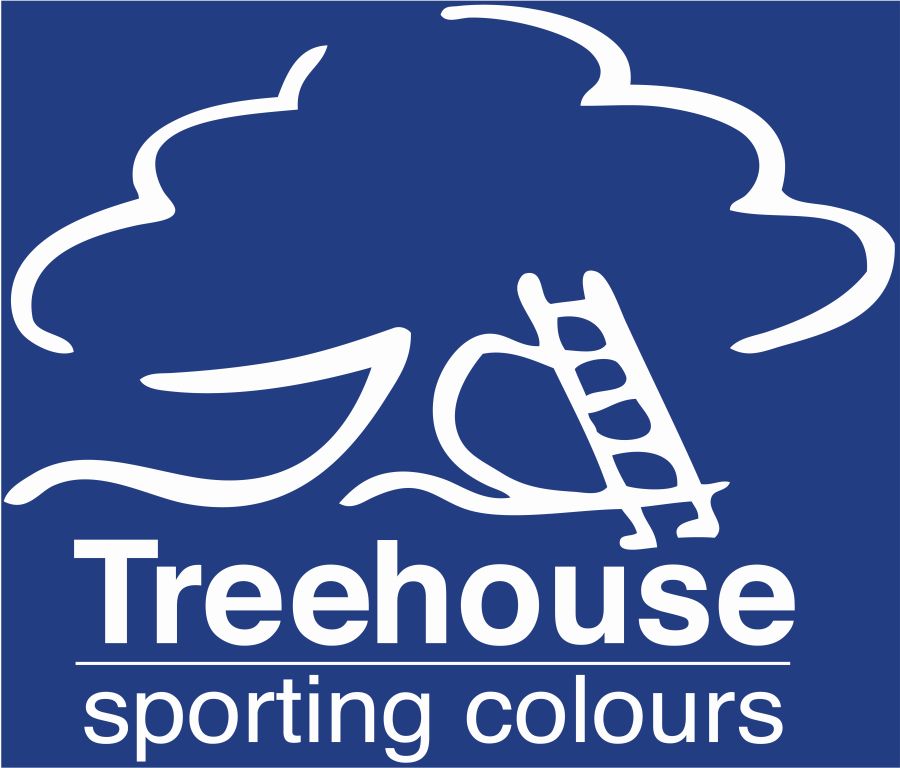

-Small.jpg)

